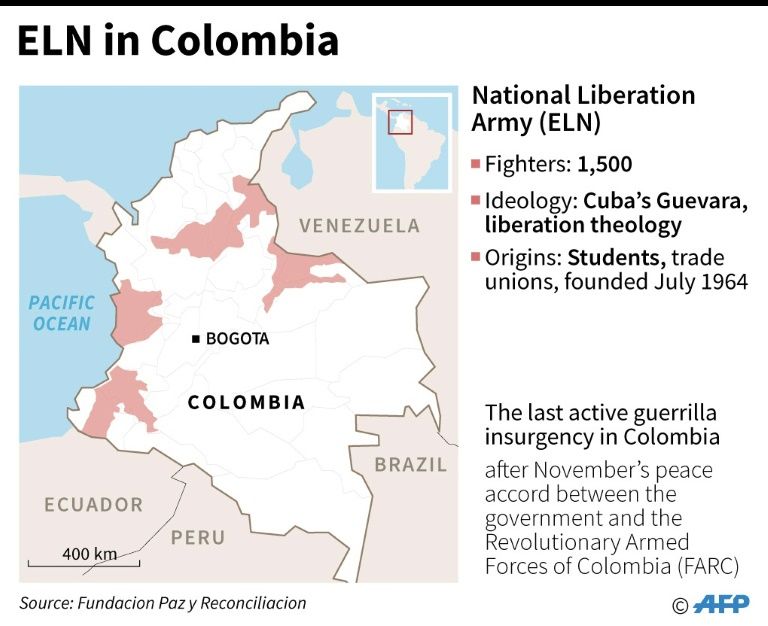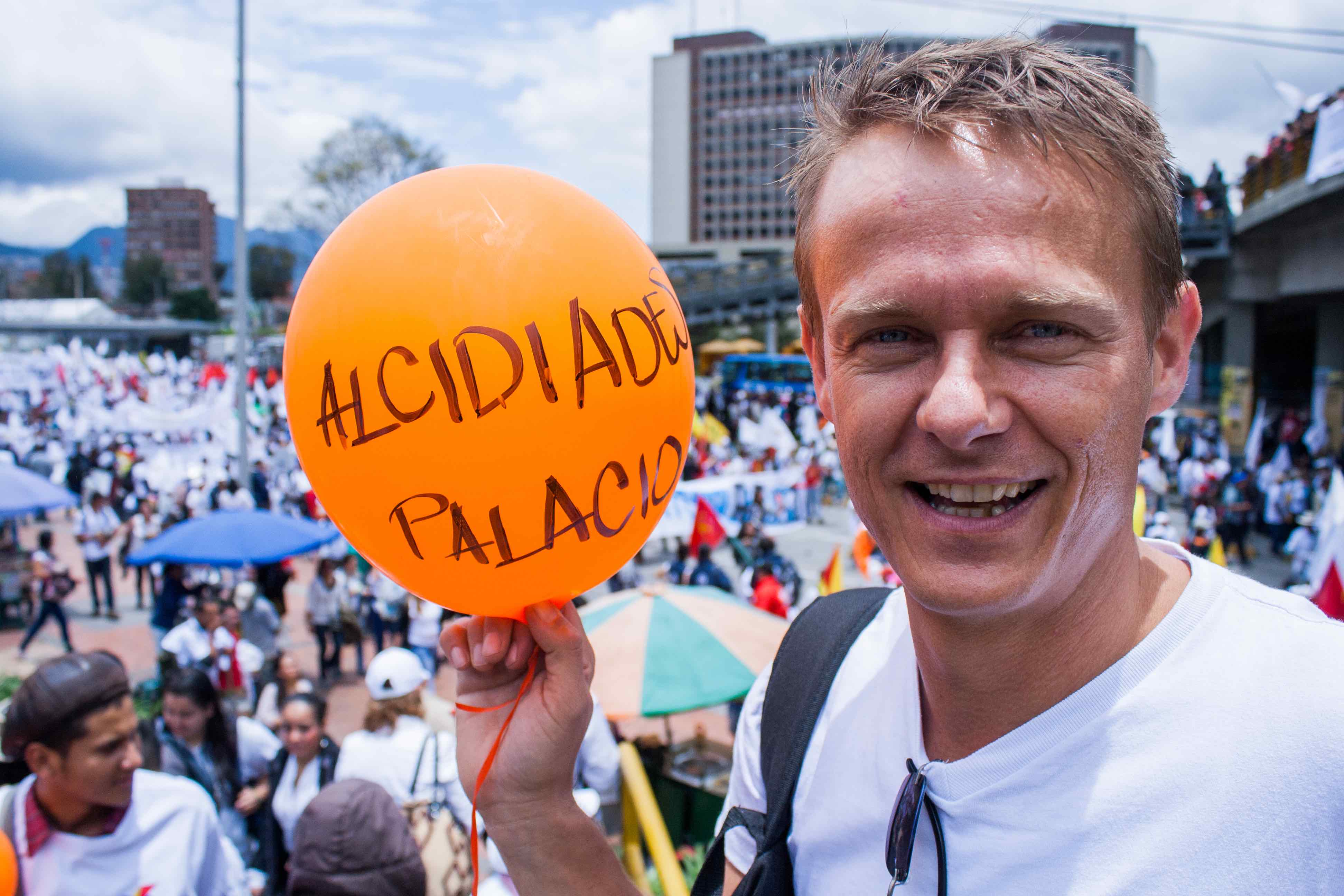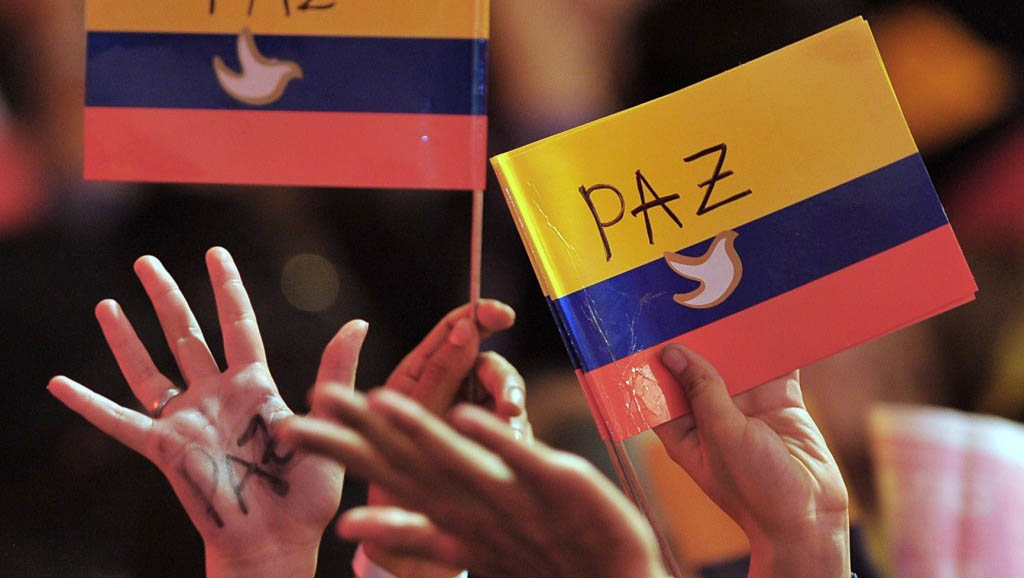The ceasefire: further progress
Another reason to be cheerful is that as of 1 October there will be a ceasefire between another armed group, the ELN (National Liberation Army) and Colombia’s armed forces. The news was revealed just before the Pope’s visit to Colombia recently. Hostilities will cease initially for 3 months, but the plan is for it to be extended while exploratory peace talks progress between the ELN and the Government. The organisations that we work with in Colombia have been calling for the cessation of hostilities for a long time.
Armed struggle is no longer politically viable in Latin America
Our reading is that the FARC-EP and now ELN have recognized that armed struggle is no longer politically viable in Latin America since the vast majority of the population strongly opposes it. We believe that another key factor for the ELN is that they know that they could be defeated militarily as the army is now focused on combatting them.Paramilitarism: one of the largest challenges
The main group of paramilitaries, the Clan of the Gulf (also known as Autodefensas Gaitanistas de Colombia or Clan Usuga) should feel the same military and political pressure. Recently, the second in command alias Gavilan, was killed, and a few days the top leader, alias Otoniel, announced through a Youtube video, from the jungle, his wish to surrender. This is positive not only becomes it paves the way for dismantling another armed group, but also helps to unveil the truth about their financiers and their links to the security forces. It could spell the end of paramilitary activity in Colombia. Otoniel, Comandante of the Autodefensas Gaitanistas de Colombia (AGC), announcing in an ‘open letter to Colombians’ his organisation’s wish to join the peace process and suspend all ‘illegal’ activity. These recent events call for much optimism, but one must not be naive and realise the enormous challenge of building peace in Colombia. There are people linked to the paramilitaries who are benefiting from the conflict and who have an interest in continuing to hide their crimes and pursue their economic interests through violent means. They have huge economic and political power and will try to obstruct the peace process. In fact, they are now working to weaken the legal framework for the implementation of the peace agreements with the FARC-EP. Fortunately, those in favour of peace are gaining strength, and although the peace process is not going to be perfect, we believe that the balance to be positive overall.
Thomas Mortensen: is Christian Aid’s Colombia Country Manager. He has been with Christian Aid since 2011 and previously worked with the United Nations in India and Nicaragua. He has a Master´s Degree in Development and Economics and post degrees on human rights and international humanitarian law.


